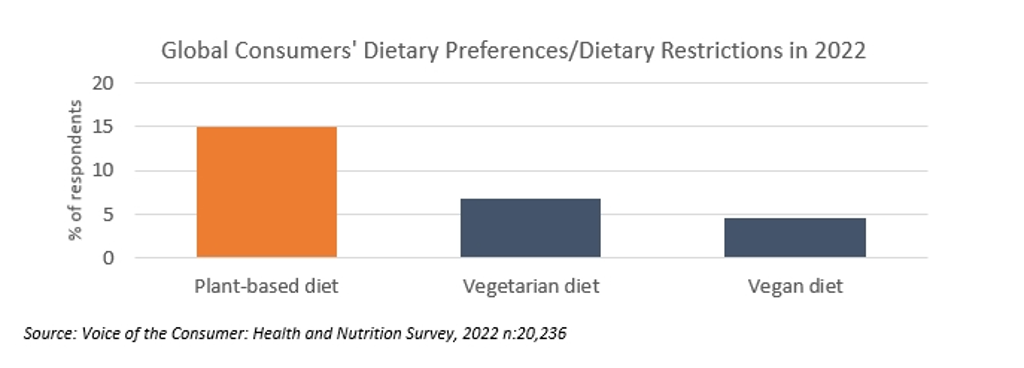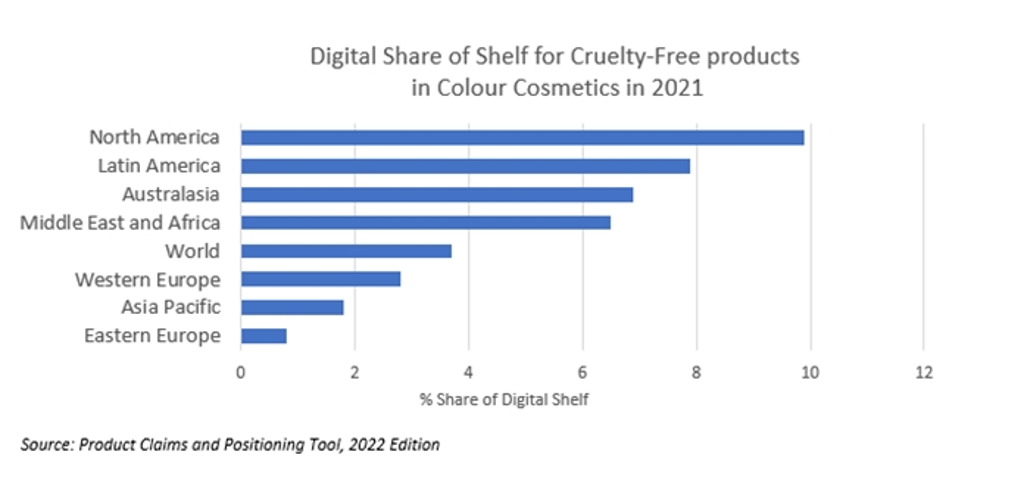The concepts of immune support and health and safety have maintained a stronghold for several years. However, as concerns about the global pandemic have been subsiding, there is again more room to care about long-term global issues such as sustainable living and climate change. E-commerce is witnessing search engine optimisation strategies increasingly buzzing with key words such as “sustainably sourced”, “net zero” or “carbon neutral”. However, to navigate their practical impact is close to impossible, not just for consumers, but is equally challenging for manufacturers when they try to move forward with different attempts to improve a product’s concept of value-added. Meanwhile, consumers are aiming to change their lifestyles one step at the time in order to reduce their individual impact on issues of global importance.

Consumer consciousness about sustainable living is also reflected within the beauty and personal care industry. For instance, the vegan claim has gained traction in Western Europe, reaching its highest penetration in bath and shower and colour cosmetics, with the digital share of shelf reaching 10% and 7.5% respectively. In addition, particularly for this industry, the cruelty-free claim is demonstrating a strong performance, as its digital share of shelf in North America reaches 9.9% in colour cosmetics. The fact that people increasingly want to lead sustainable lives with regard to animals is also demonstrated by Euromonitor’s Voice of the Consumer survey, with 37% of respondents choosing a plant-based diet motivated by animal rights issues. In addition, among the top 10 reasons for a flexitarian diet, only two – animal rights and environmental concerns – seemed to be increasing in popularity in 2022. Other reasons, relating to one’s health, wellness or outlook, are declining in terms of consumer motivation. In addition, the younger generations are tending to see faster growth in their awareness of animal rights. Therefore, as in the next few years generation Z will be fully integrated into the labour market and their spending power will increase, demand for products that are aligned with their values, such as animal welfare, will rise.

As a variety of industries demonstrate, the focus on the state of the planet and its resources is accelerating. Although some regions and categories are seeing a more significant influence than others, generational shift is anticipated to broaden the variety of industries that feature products with sustainable qualities and put forward respective claims. Thus, even though the current economic situation may hinder the commitment to live sustainably in some areas, surveys indicate, and product claims reflect market aspirations to do better in the long term.
